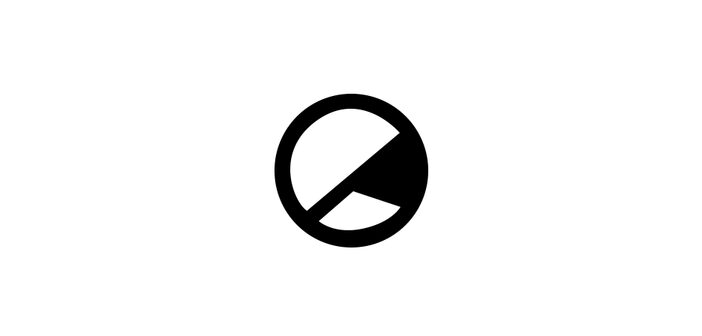Diversity is killing comics.
That is the conclusion Marvel’s Vice President of Sales and Marketing, David Gabriel, delivered at Marvel’s Retailer Summit. In his speech, Gabriel asserted that comic-book sales for the company are declining because readers are “turning their noses up” at the studio’s more inclusive approach. What is more, the VP went on to state that female characters in particular are a source for reader’s disinterest.
Over the past few years Marvel has cultivated a more inclusive approach by diversifying its characters and the stories they explore. This has been an important step forwards for representation in mainstream comics and has been generally well-received by readers as evidenced by G. Willow Wilson’s reimagining of Ms Marvel as Kamala Kahn, a teenage Muslim girl, becoming the highest selling digital title, while Black Panther was the highest selling comic-book in 2016– although the company may argue the latter is due to Chadwick Boseman’s recent performances as the Wakandan royalty.
With such fantastic statistics can Marvel realistically blame diversity for decreasing sales or is this a sign of greater problems within the studio? Under no circumstances do I believe that pushes for equal representation can be blamed for declining sales.
I’m proud to see these new characters in my local comic shop and the new Ms Marvel is an amazing read, but I’d be lying if I said the way Marvel went about introducing these characters was completely smooth.
Rather than creating unique heroes with their own unique heritage, stories and legacies, Marvel has consistently produced new minority characters by re-branding or introducing new iterations of already popular characters. In the past seven years, Marvel has introduced a female Thor, a bi-racial Spider-Man, and a black teenage girl as Ironheart who took over the Iron Man legacy from Tony Stark.
The logic behind this strategy is sound: take a popular hero then change their gender, sexuality, ethnicity or faith and readers will read the comic-books. Right?
Wrong.
On her blog, Wilson criticised Marvel’s tendency to introduce new iterations of core characters by: “killing off or humiliating the original character” adding, “Who wants a legacy if the legacy is shitty?” I attribute this as the main reason why Marvel is experiencing declining sales. Put simply, fans don’t like it when you mess with their favourite characters, and why should fans keep shelling out $4 an issue if they hate the changes that are being made?
I do not for a second believe that diversity is to blame for falling sales and something that frightens me is Gabriel’s complete disregard for any other possible reason for declining profit margins. Never does he acknowledge that fans are bored of constant cross-overs, or that consumers are frustrated by the rising cost of comic-books ($4 for 20 pages?!), or that many are turning to digital subscriptions which give them a huge discount as opposed to monthly printed issues.
I think Marvel’s biggest problem is that it no longer understands its fanbase.
For all his fourteen years of experience working with Marvel, Gabriel is quick to decide that readers are disinterested in “anything that was not a core Marvel character,” and thus diversity is to blame whilst completely ignoring the fact that Thor, Iron Man, and Spider-Man are currently major players in feature films such as Captain America: Civil War.
Given the fanbase for the films, it is unsurprising that such core characters are enjoying renewed interest as fans of the films turn to comics to fill the gaps between cinematic releases. Their popularity has nothing to do with their race, gender, or sexuality. They are familiar to audiences and thus consumers are more likely to purchase comic-books in which they feature.
Marvel’s apparent disregard for any other possibility except that readers don’t want POC/female characters despite the success of Kamala Khan/Ms Marvel and Black Panther has me worried for the future of Marvel’s inclusive approach.
Though Marvel accomplishes inclusivity, it does so with very little originality and in my opinion that is precisely why the studio is struggling. Despite Gabriel’s later assurances that “our new heroes are not going anywhere!” it is disheartening that the only change Marvel is making is to “ensure we don’t lose focus on our core heroes.”
Marvel would be better served by creating new and unique characters with their own unique backgrounds, heritage, stories, and legacies or introducing them in such a way that they become significant in their own right as Kamala Khan has.
Check out further discussion on the issue below:




